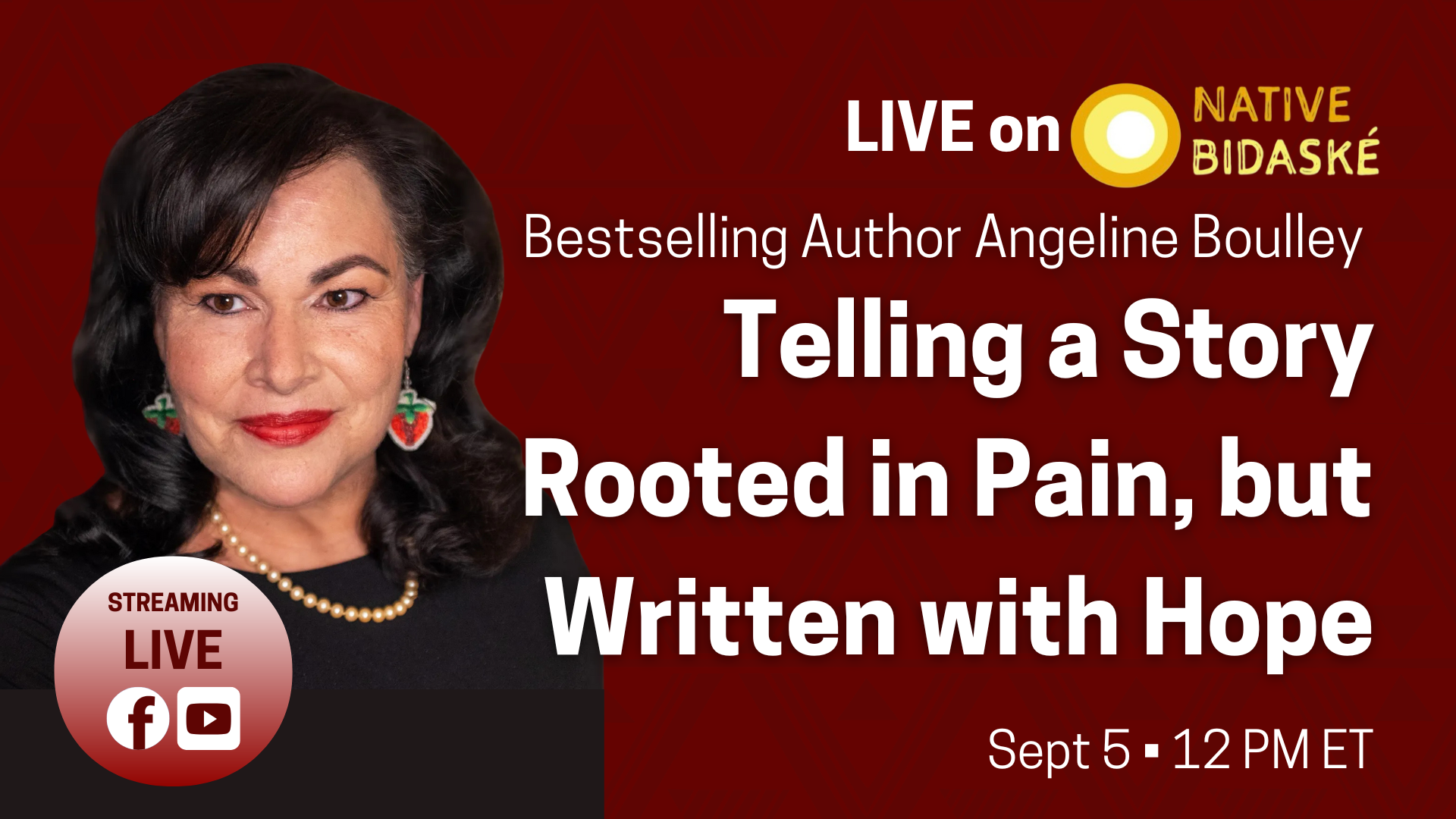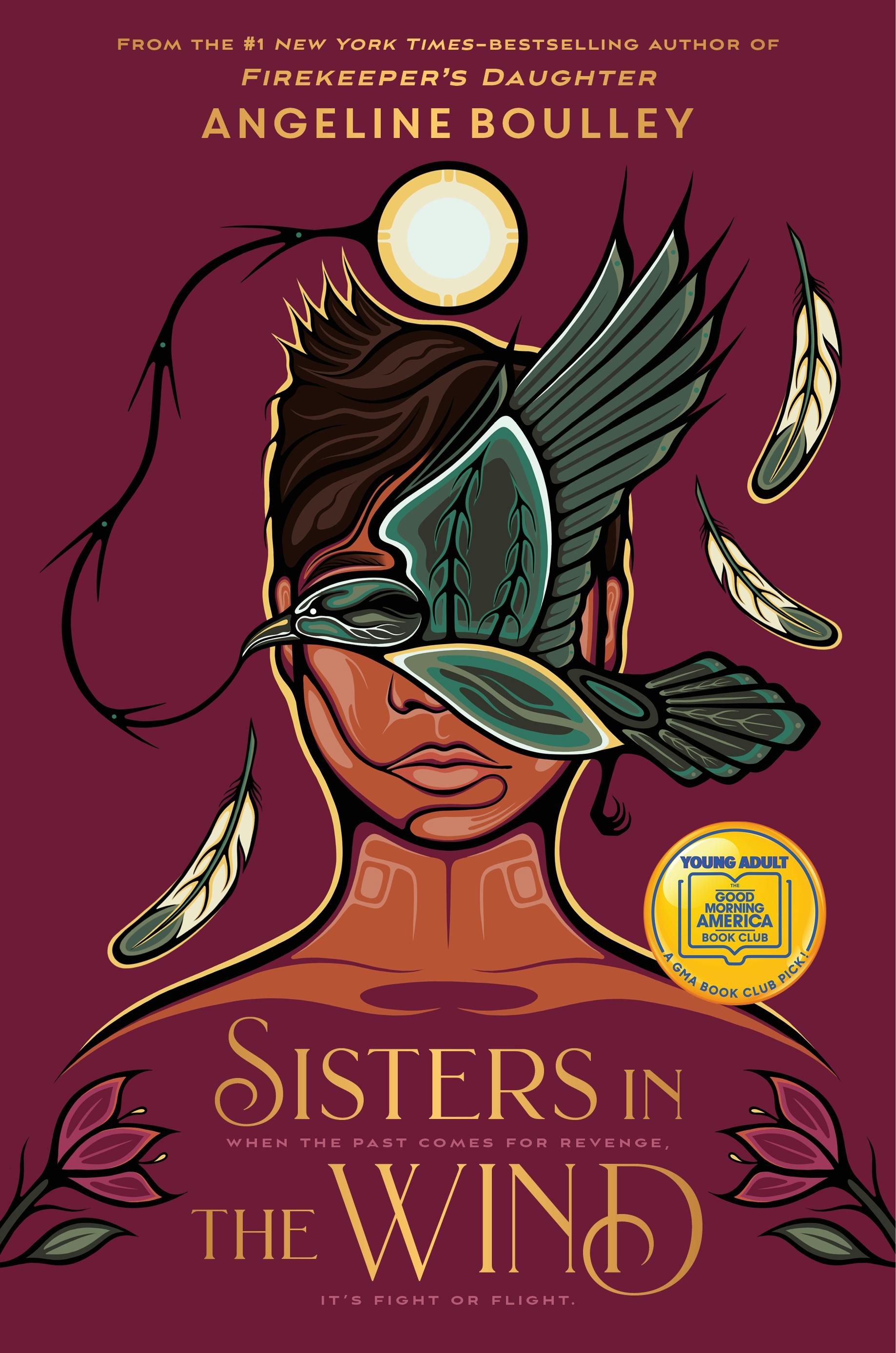
- Details
- By Native StoryLab
How do you tell a story rooted in pain, but written with the hope of healing? This week’s Native Bidaské features bestselling author Angeline Boulley, who joins Levi Rickert to talk about her newest novel, “Sisters in the Wind.”
In her third book, Boulley turns her focus to the foster care system and the Indian Child Welfare Act (ICWA). The title itself, “Sisters in the Wind,” captures the chaos and uncertainty faced by Native children swept into state systems, often separated from family, culture, and community.

Boulley explains how her protagonist, Lucy Smith, a Native teenager navigating questions of identity, embodies both the vulnerability and resilience of Indigenous youth. Through Lucy’s journey, Boulley interweaves themes of generational trauma, systemic injustice, and the enduring fight for Native sovereignty.
For Boulley, ICWA is not just a backdrop but a lifeline. She emphasizes how the law remains a critical safeguard for Native children, despite ongoing legal and political challenges. Her hope is that Sisters in the Wind will not only resonate with Native readers who see their own stories reflected, but also educate non-Native audiences about why ICWA matters.
Tune in to Native Bidaské on Thursday, September 5 at 12 ET, as Angeline Boulley opens up about the challenges of writing this powerful story and why protecting Native children is central to protecting Native futures.
Date: Friday, September 5th, 2025
Time: 12:00 p.m. ET / 11:00 a.m. CT / 10:00 a.m. MT / 9:00 a.m. PT
Streaming on: Facebook, YouTube, and the Native News Online website
Help us defend tribal sovereignty.
At Native News Online, our mission is rooted in telling the stories that strengthen sovereignty and uplift Indigenous voices — not just at year’s end, but every single day.
Because of your generosity last year, we were able to keep our reporters on the ground in tribal communities, at national gatherings and in the halls of Congress — covering the issues that matter most to Indian Country: sovereignty, culture, education, health and economic opportunity.
That support sustained us through a tough year in 2025. Now, as we look to the year ahead, we need your help right now to ensure warrior journalism remains strong — reporting that defends tribal sovereignty, amplifies Native truth, and holds power accountable.
 The stakes couldn't be higher. Your support keeps Native voices heard, Native stories told and Native sovereignty defended.
The stakes couldn't be higher. Your support keeps Native voices heard, Native stories told and Native sovereignty defended.
Stand with Warrior Journalism today.
Levi Rickert (Potawatomi), Editor & Publisher
